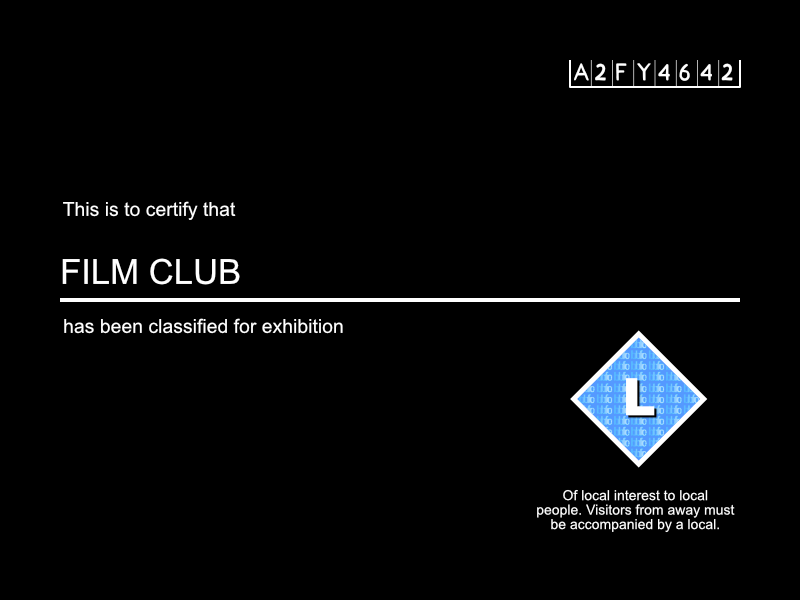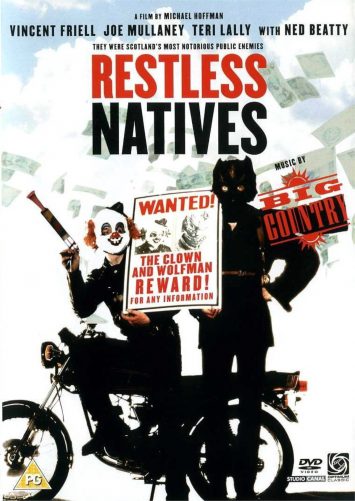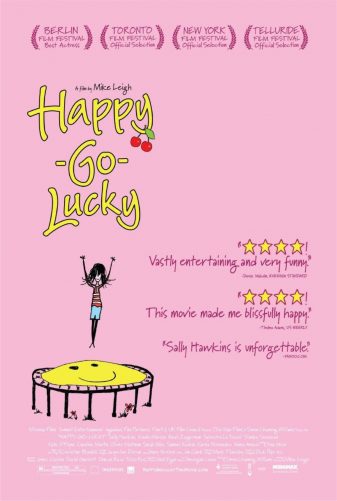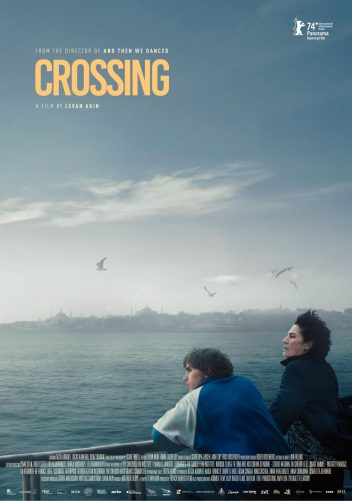In Bridge of Spies, Steven Spielberg once again masterfully goes to the historical drama with a righteous man’s theme (think Schindler and Lincoln for starters). This time lawyer James B. Donovan is asked to defend an accused Soviet spy, Rudolf Able (Mark Rylance, superb), in order to show the world the American justice system is democratic. The story is “inspired by true events” with the outline of the exchange of Able for U-2 downed pilot Gary Powers historically accurate. As usual, Spielberg recreates the times with the atmosphere, cars, and film noir aspect of a spy thriller in the figurative and literal Cold War. He said, “I always wanted to tell the stories that really interested me in my personal life—which are stories about things that actually happened.”
Review: Captain Fantastic
I felt that this film was captivating in all aspects of story-telling. Especially in it’s acting where all characters in the film did a superb job with special mention to Viggo Mortensen (Ben – Father) and George Mackay (Bo – Eldest Son). This film depicts the difficulty of parenting at the highest level as Ben has to raise his 6 children in the wilderness alone in the way he thinks will be best for them. Bo shows the rational side of this story as he accepts who he is, how he was raised, and who he wants to become in the future. We clearly see the struggle of a young man who will take care of his siblings yet long for a life he has never known.
Review: La Famille Bélier
A captivating new star is born in THE BÉLIER FAMILY, Eric Lartigau’s fabulous, heart-felt comedy hit about a young girl whose close bond to her hearing-impaired family is challenged by the discovery of an extraordinary talent for music. In the Bélier family, everyone is deaf, except dutiful sixteen-year-old Paula (beautiful newcomer Louane Emera). She acts as an indispensable interpreter for her parents and younger brother, especially in the running of the family dairy farm. Her salt-of-the-earth father (François Damiens) has decided to run for mayor – spurred on by her vivacious but over-involved mother.










